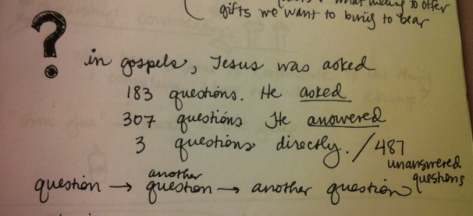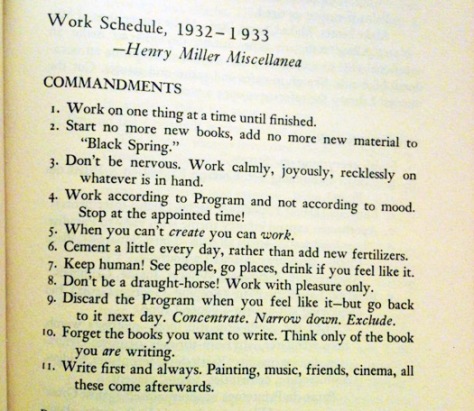Last night I posted a link to these cute paper toys (PDF template) on Facebook and said I wanted to make one for each of the kids and have them at their places at breakfast this morning.
That piece of paper is still sitting on the printer.
Have you ever met someone who just rubs you the wrong way and you can’t figure out why? On paper, the two of you should get along great. You have similar likes, similar temperaments. Other people you know and respect absolutely adore her. But you just… grate on one another.
I have that relationship with Valentine’s Day.
I know people who don’t like Christmas, or who want to run and hide on Mother’s Day. Today is my why-do-we-need-to-do-this day. (Thank you XKCD.)
Except for the chocolate. I love the chocolate. But chocolate is not a sometimes food in our house. It is my sacramental meal for oh, pretty much all of Ordinary Time.
I am grateful to have love in my life in many abundant forms. And I appreciate those who have repurposed the day, like my friend Jan, who calls this “agape day” (agape is a Greek word meaning self-giving love). Jan encourages people to practice random acts of kindness today. I’m also a big fan of the Vagina Monologues and its accompanying activism.
Unfortunately, when you have little kids that stuff gets supplanted by the cultural expectation of buying cards, followed by riding kids’ butts to get them filled out in time for the Big Exchange in Which Everyone Gets A Card, followed by the Festival of Furtive Recycling.
Call me a V-Grinch, but I’d rather spend my precious butt-riding time teaching my kid her multiplication tables. (Oh eights, why do you plague us so?)
Last year we waited too long to get Caroline’s cards, and by the time we got to the store, they were completely sold out. So we went home and printed some cards off the internet, which is fine except that
a) we don’t own card stock and
b) we have a black and white printer.
Saddest valentines ever.
Meanwhile the mothers in my neighborhood like to attach candy and homemade crafts to their kids’ cards, or provide thoughtful gifts for the teachers, or have their kids make all of the valentines from scratch. Last year Margaret was even invited to a Valentine’s Day party. I am baffled, and awed by all this having-it-togetherness.
The only reason my kids even have valentines this year is because their great grandmother bought them some when we visited her a couple of weeks ago. Thankfully the girls got them addressed while I was gone last week. But this morning James began to cry at the thought of giving his Chuck the Dump Truck cards away, and did I mention he was expected to sign them as a preschool “literacy activity”?
I am generally a proponent of literacy. Except that James hasn’t decided if we wants to be right or left handed, so it takes him about ten minutes to write his name (times 14), and he needs at least an 8×5 sheet of paper to get all the letters to fit. So I signed his name on some leftover princess and Snoopy cards from the girls’ stash, and will be the mom of the kid who makes all the other kids look like geniuses because he didn’t even try to write his name, not once.
And let’s be perfectly honest—parenting does have that component to it, does it not? The sidewise glance over one’s shoulder. The casual reconnaissance to discern which mutiplication table your kids’ friends are currently mastering. (Again with the lamentable eights!) The sigh of relief that at least you’re doing something right because what kind of mom can’t even sew the dang patches on a Brownie sash?
So I’m working on embracing my ineptness on Valentine’s Day, and seeing it as a ministry. We all need to feel like we’re doing well sometimes, because so much of parenting is like playing whack-a-mole with our bare hands because the mallet walked off a long time ago.
So if my mediocrity on this day allows someone else to say, “I so don’t have my s*** together, but at least I can poke a lollipop through a perforated hole on the Rapunzel card”… then I’m happy. It’s a service I provide to the sisterhood.





